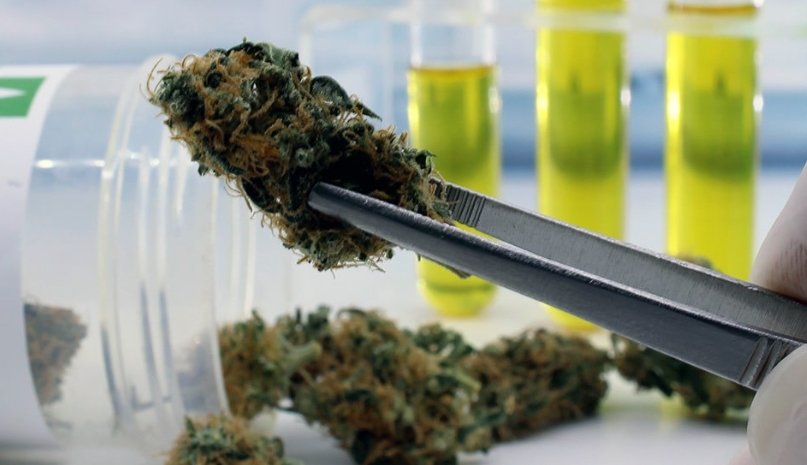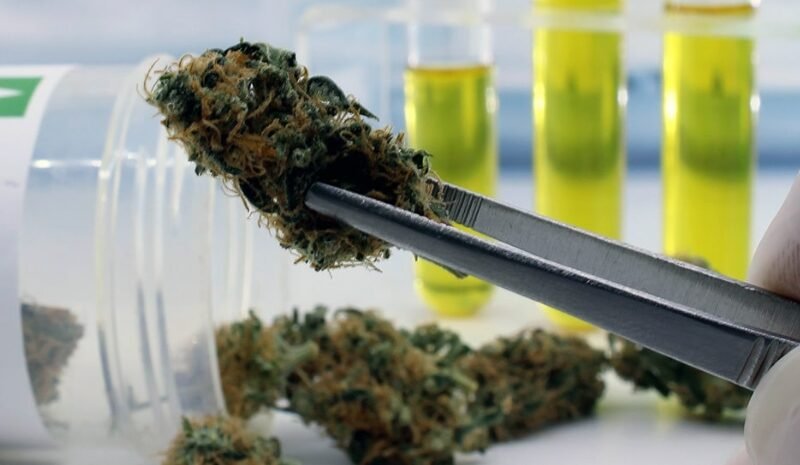In the ever-evolving landscape of cannabis legislation, a new contender has emerged in the form of THCA, a non-psychoactive cannabinoid found in the raw cannabis plant. As the industry grapples with the legal nuances of hemp-derived substances, THCA sits at the center of a heated discussion: does it adhere to the legal definition of hemp?
The Science of THCA
THCA, or tetrahydrocannabinolic acid, is the acidic precursor to THC, the primary psychoactive compound in cannabis. In its raw state, THCA is non-intoxicating, but when exposed to heat, it undergoes decarboxylation and transforms into THC.
The first paragraph delves into the chemistry behind THCA, highlighting its non-psychoactive nature and its transformation into THC upon heating. This process is crucial to understanding the legal debate surrounding the substance.
In the second paragraph, we explore the implications of this transformation for consumers and regulators. The distinction between THCA and THC is significant, as it affects the legality and accessibility of cannabis products containing these compounds.

The third paragraph examines the potential therapeutic benefits of THCA. While research is ongoing, preliminary studies suggest that THCA may offer health benefits separate from those of THC, adding another layer to the legal conversation.
Legal Loopholes and Challenges
The 2018 Farm Bill federally legalized hemp, defining it as cannabis with a delta-9 THC concentration of 0.3% or less. However, this definition does not explicitly include or exclude THCA, leading to differing interpretations.
The first paragraph addresses the ambiguity in the Farm Bill’s language regarding THCA. This lack of clarity has allowed some operators to market high-THCA cannabis as hemp, based on the technicality that THCA is not delta-9 THC.
In the second paragraph, we consider the perspectives of various stakeholders in the cannabis industry. While some see the marketing of THCA products as a legal opportunity, others view it as a loophole that undermines the intent of the law.
The third paragraph discusses the response from regulatory bodies and the potential for future legislation to clarify THCA’s status. As the market for THCA grows, so does the urgency for clear legal guidelines.
Market Impact and Consumer Confusion
The rise of THCA has significant implications for the cannabis market, particularly in terms of consumer perception and industry practices.
The first paragraph analyzes the market trends surrounding THCA, including its growing popularity and the impact on sales of other hemp-derived cannabinoids.
In the second paragraph, we explore the confusion among consumers regarding the legal status of THCA and its effects. The marketing of THCA products often blurs the line between hemp and marijuana, leading to misunderstandings about what is legally purchasable.
The third paragraph reflects on the broader implications of THCA’s legal ambiguity for the cannabis industry. As the debate continues, the need for education and clear communication with consumers becomes increasingly apparent.




